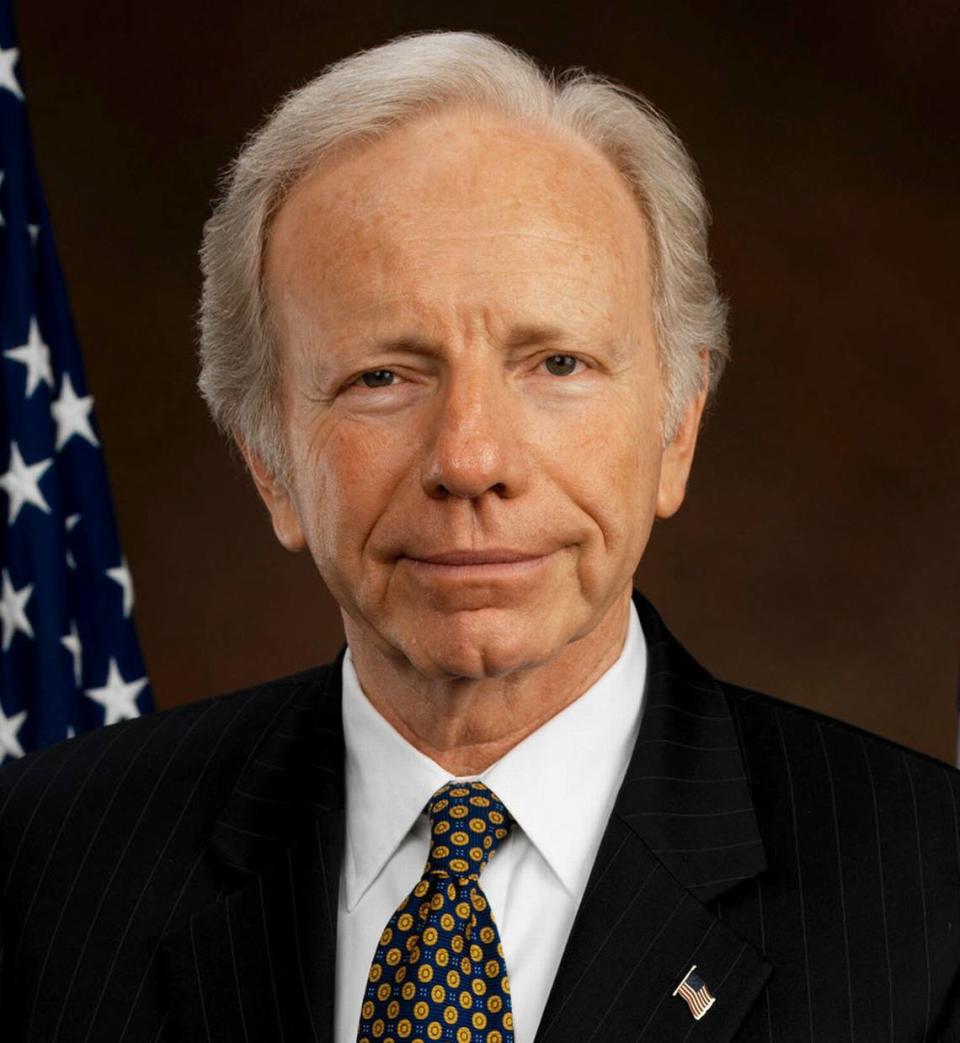Don’t reset relations with Cuba until regime respects human rights instead of trampling them | Opinion
- Oops!Something went wrong.Please try again later.
As former members of the U.S. Senate with long experience on U.S.-Cuba policy, we applaud the Biden administration’s pledge to put human rights at the center of its Cuba policy.
Nearly 30 years ago, we sponsored the Cuban Democracy Act and were disappointed that it did not produce more-effective long-lasting change on the island. However, the San Isidro Movement for free speech by Cuban artists, journalists and academics continues to gain momentum, and we urge Biden to use this opportunity to create a new policy focused on the Cuban people.
The Cuban government has been a gross violator of human rights for more than 60 years. It arrested 1,798 citizens for acts of dissidence in 2020 and uses its medical missions’ program to profit off the backs of its doctors through forced labor in countries throughout the world.
Beyond that, the Cuban government aids and abets the Maduro dictatorship in Venezuela, which is destabilizing the region, and provides a haven for narco-terrorist organizations, including Colombia’s FARC and ELN. It also harbors an estimated 70 U.S. fugitives, including those who have murdered police, while continuing to promote anti-American sentiment around the world.
The Biden team is reviewing U.S. policy toward Cuba. Our experience tells us that any changes only will benefit the Cuban people if measures hold the government accountable. For example, in 2014, the United States eased regulations on remittances and allowed Cuban Americans to send money to loved ones on the island. The Cuban military took advantage of this good-faith effort by requiring the money be routed through its state-owned companies, keeping most of the original currency and delivering only a fraction of the amount (in worthless Cuban pesos) to the people for whom it was intended.
This is just one reason why any new policy must be based on strict reciprocity for tangible, irreversible reforms that benefit Cubans. The Cuban government is in dire straits financially and is now implementing and contemplating economic reforms. Simply reinstating the provisions of prior administrations with the hope that the government finally will negotiate as an honest broker would squander our leverage and bolster Cuba’s oppression of its citizens.
The Biden administration should take steps to ensure that remittances from the United States will be structured so that Cubans receive them directly in the same hard currency in which they were sent.
Here are three additional steps the administration can take to fulfill its pledge to support Cubans and protect human rights.
First, Biden can call for the unconditional release of all political prisoners in Cuba as a precondition to any new relationship with the United States. In the 1980s, our country froze relations with South Africa until it released Nelson Mandela and other political prisoners jailed for protesting apartheid. Ultimately, the South African government released Mandela and ended apartheid.
Second, the administration should insist that Cuban medical personnel serving overseas receive the compensation from the governments they serve. Now the country’s medical-missions program forces its doctors to provide care in countries that pay the Cuban government for their service. Once they arrive, Cuban intelligence agents confiscate their passports and make them sign contracts giving the Cuban Ministry of Health power of attorney over their actions.
In addition, they are forced to proselytize patients with political propaganda. They apparently undergo regular surveillance. The Cuban government then takes up to 95 percent of the doctors’ wages, and the small amount remaining is frozen in accounts that they cannot access until they return home. The Biden administration can use this program as a prime example to call for an end to forced labor trafficking.
Finally, the Cuban government should also be held accountable for its efforts to subvert democracy in Venezuela. Between 20,000 and 25,000 Cuban security forces are believed to be there helping protect the illegitimate Maduro presidency and spying on Venezuelans. Biden can demand that the Cuban government fully and unilaterally withdraw from Venezuela.
Having worked closely in the U.S. Senate with Biden for many years, we both are deeply confident of his commitment to freedom and human rights. We are hopeful that he will use his power and influence as president to empower the Cuban people and push for positive and lasting change on the island.
Joe Lieberman is a former U.S. Senator from Connecticut, an attorney and an original member of the bipartisan group, No Labels. Robert Torricelli is a former U.S. senator from New Jersey and is currently a partner at the real estate firm Woodrose Properties.


